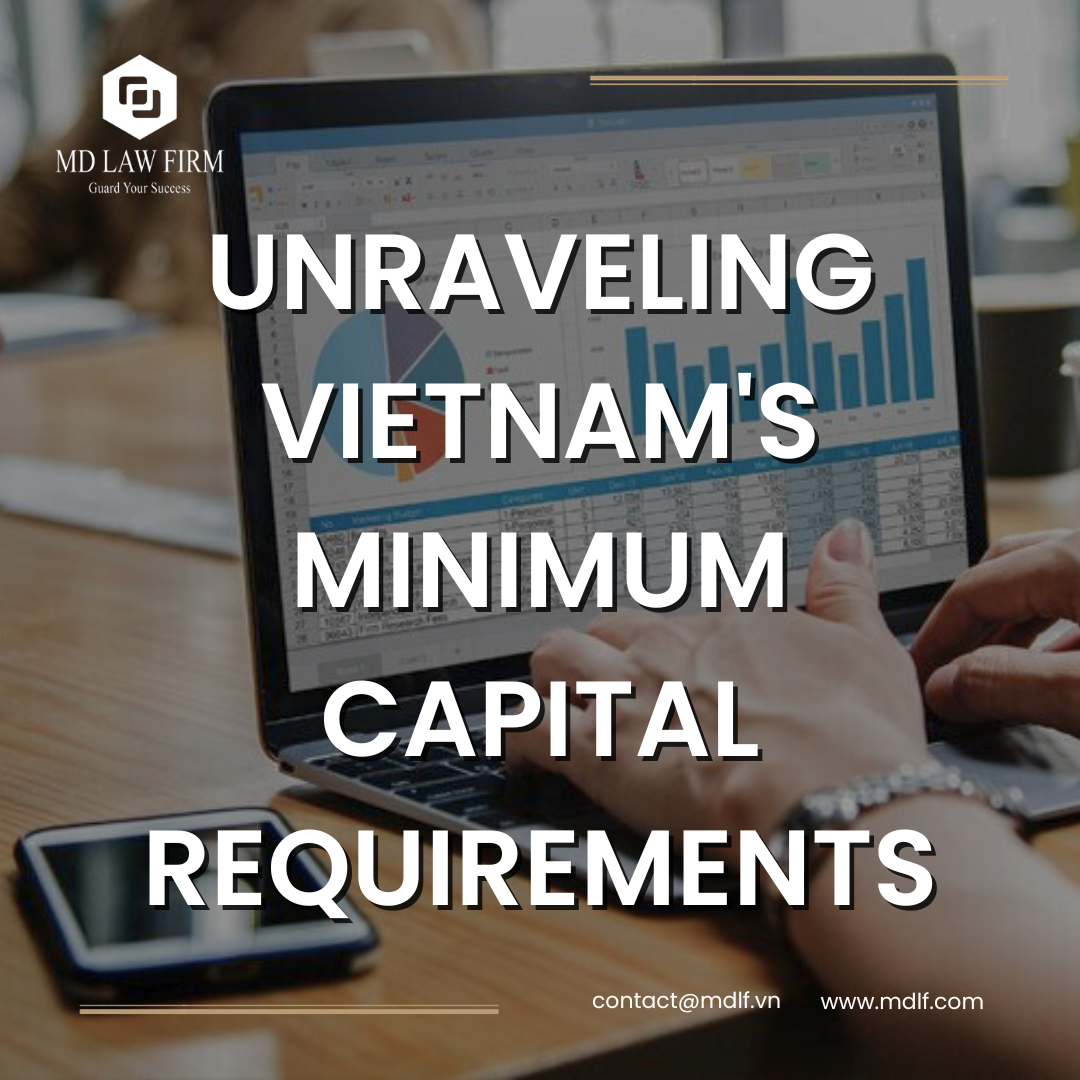
Are you considering opening a business or expanding your overseas business to Vietnam? As a foreign investor, one of your primary concerns might be understanding the minimum capital requirements for establishing a foreign company in Vietnam. In this comprehensive guide, we’ll delve into the intricacies of Vietnam’s minimum capital requirements, providing you with the knowledge needed to navigate the path to a successful business setup. So, let’s dive in and explore the key aspects of this crucial topic.
Choosing the Right Business Entity
Before we explore the specifics of minimum capital requirements, let’s briefly discuss the business entities available to foreign investors in Vietnam. Vietnam offers two primary business structures: the Limited Liability Company (LLC) and the Joint-Stock Company (JSC). These entities can further be categorized as wholly foreign-owned enterprises (WFOEs) or joint ventures, depending on the industry and the nature of your business activities.
Limited Liability Company (LLC)
The LLC is an excellent choice for small to medium-sized businesses. It boasts a simple corporate structure, and instead of shareholders, LLCs have members, each of whom can own different percentages of the company. This flexibility makes it an attractive option for various business endeavors.
Joint-Stock Company (JSC)
On the other hand, the JSC is better suited for medium to large-sized enterprises. It features a more complex corporate structure, often referred to in Vietnamese legislation as a shareholding company. In a JSC, shares are owned by three or more original shareholders, providing the potential for larger-scale operations.
Branch
A branch is a suitable option for foreign investors who wish to engage in commercial activities and generate revenue in Vietnam without establishing a separate legal entity. However, it’s essential to keep in mind that the activities of the branch are limited to those of the parent company.
Representative Office
A representative office serves as the face of the parent company in Vietnam but does not engage in revenue-generating business activities. It’s the simplest option for foreign companies that do not plan to earn income in Vietnam.

Understanding Paid-Up Capital and Minimum Capital Requirements
According to the Enterprise Law, the charter capital must be fully paid within ninety days after receiving the business registration certificate. This means that you need to have the necessary funds ready to meet this requirement once you embark on your business journey in Vietnam.
Minimum Capital Requirements by Industry
The capital requirement varies based on the industry you plan to operate in. Certain business lines in Vietnam have conditional capital requirements, setting a minimum capital amount that you must adhere to. Here are a couple of examples:
- If you’re considering a fully foreign-owned real estate business, you’ll need a minimum capital of approximately US$ 878,499 (VND 20 billion).
- For mutual insurance organizations, the legal capital must be at least approximately US$ 439,000 (VND 10 billion).
The Department of Planning and Investment determines these minimum capital requirements based on the capital intensity of the business field. Industries that operate on a larger scale typically require higher capital amounts. However, if you’re starting a business in Vietnam that doesn’t demand significant investments, the capital requirement can be relatively modest.

Utilizing Paid-Up Capital for Business Activities
Once you’ve paid up the capital, you’re free to deploy it for your business activities. However, it’s essential to understand how this capital works in the context of your chosen legal entity type.
Understanding Vietnam’s minimum capital requirements is crucial for foreign investors. While there is no fixed minimum capital for most businesses, it’s essential to assess your specific industry’s requirements and the capital needed for your business activities.
Planning for at least US$ 10,000 in paid-up capital is a prudent approach, considering the general acceptance of this amount by licensing authorities. However, always consult with experts and the Department of Planning and Investment to ensure compliance with the latest regulations and requirements for your specific business venture.
As you embark on your journey to establish a business in Vietnam, armed with knowledge about minimum capital requirements, you’ll be better prepared to navigate the complexities of the Vietnamese business landscape and unlock its vast potential for growth and success.
Contact MD Lawfirm today to learn more about capital requirements in Vietnam and all necessary processes!

